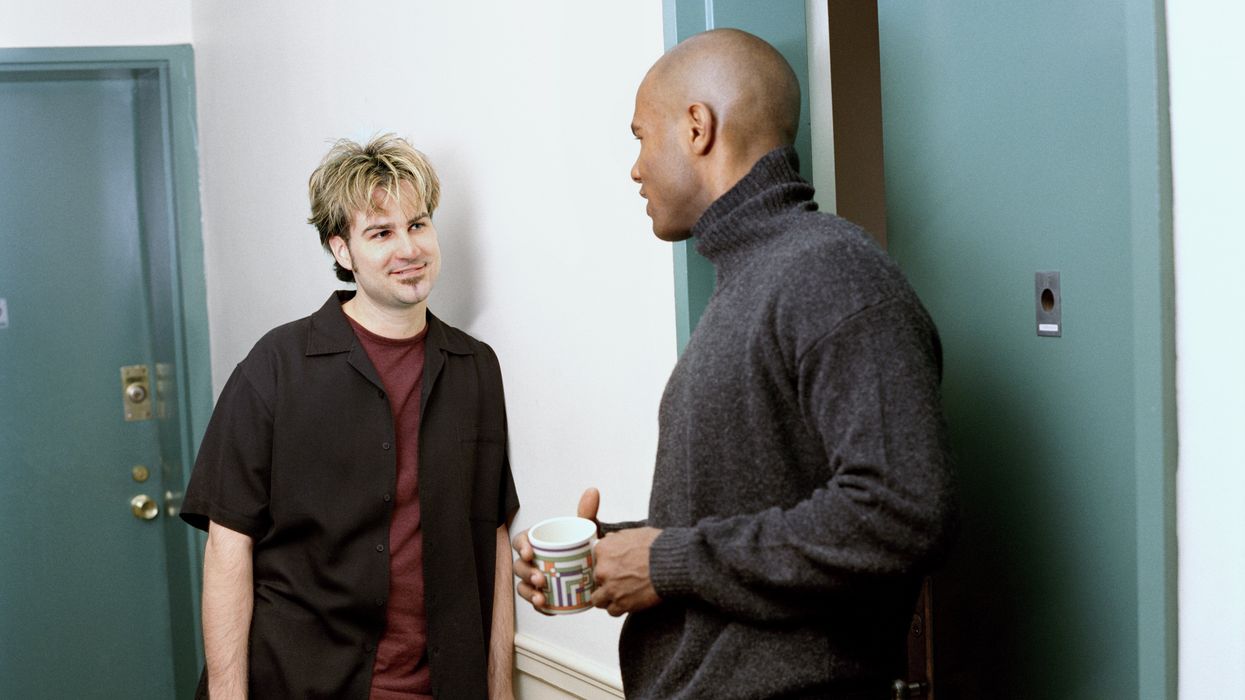When I bumped into my neighbor recently in the hallway of our apartment building, she innocently asked, “How are you?” Such a simple question, the conversational equivalent of “Hello.”
I could have simply said, “Good,” and walked back into my apartment. But this response didn’t capture my feelings, and she sensed it immediately. I am worried about our world — American democracy, intense political polarization, distrust of the government and the war in Israel.
What ensued from my hesitation was conversation, initially protective and cautious because, essentially, we are strangers. We live just down the hall, and yet, we don’t know much about one another beyond which sports teams we root for.
Truthfully, this hallway dialogue was a bit bumpy, as we expressed our views about what’s going on in the world. We do not see the world in the same way, for our backgrounds, politics, generations, religions and even our sports teams could not be more different.
When the conversation started to feel like a Thanksgiving dinner as the focus veered away from poultry and pumpkin pie to politics and policies, I thought it might be best if we wrap up and just walk away.
But something extraordinary happened. Rather than walk away, we kept talking. Instead of waiting anxiously to get our point in, we listened. The questions we asked indicated our investment in the encounter.
Too often conversation feels like debate, and, even worse, a winner-takes-all gladiator sport. In “ Talking to Strangers,” Danielle S. Allen writes: “Distrust can be overcome only when citizens manage to find methods of generating mutual benefit despite differences of position, experience, and perspective. The discovery of such methods is the central project of democracy.”
The organization I work for, Civic Spirit, prepares the next generation to participate in and lead our democracy, and listening represents a vital civic skill. We provide training for teachers and students in structured dialogue, intentional listening and guided conversations, so the students learn how to talk with one another and to transform hesitation into understanding, difference into connection, and strangers into friends. Just like what happened in the hallway outside my apartment.
When I got home a little later than expected, my wife asked, “Where were you?”
With renewed hope that real dialogue can bridge deep divides, I responded, “I was talking to a friend.” My Thanksgiving prayer this year is that our neighbors become friends and partners in strengthening the bonds of civic life.
Savenor is a rabbi and executive director of Civic Spirit, a nonpartisan organization that provides training and resources to faith-based schools across the United States




















Trump & Hegseth gave Mark Kelly a huge 2028 gift